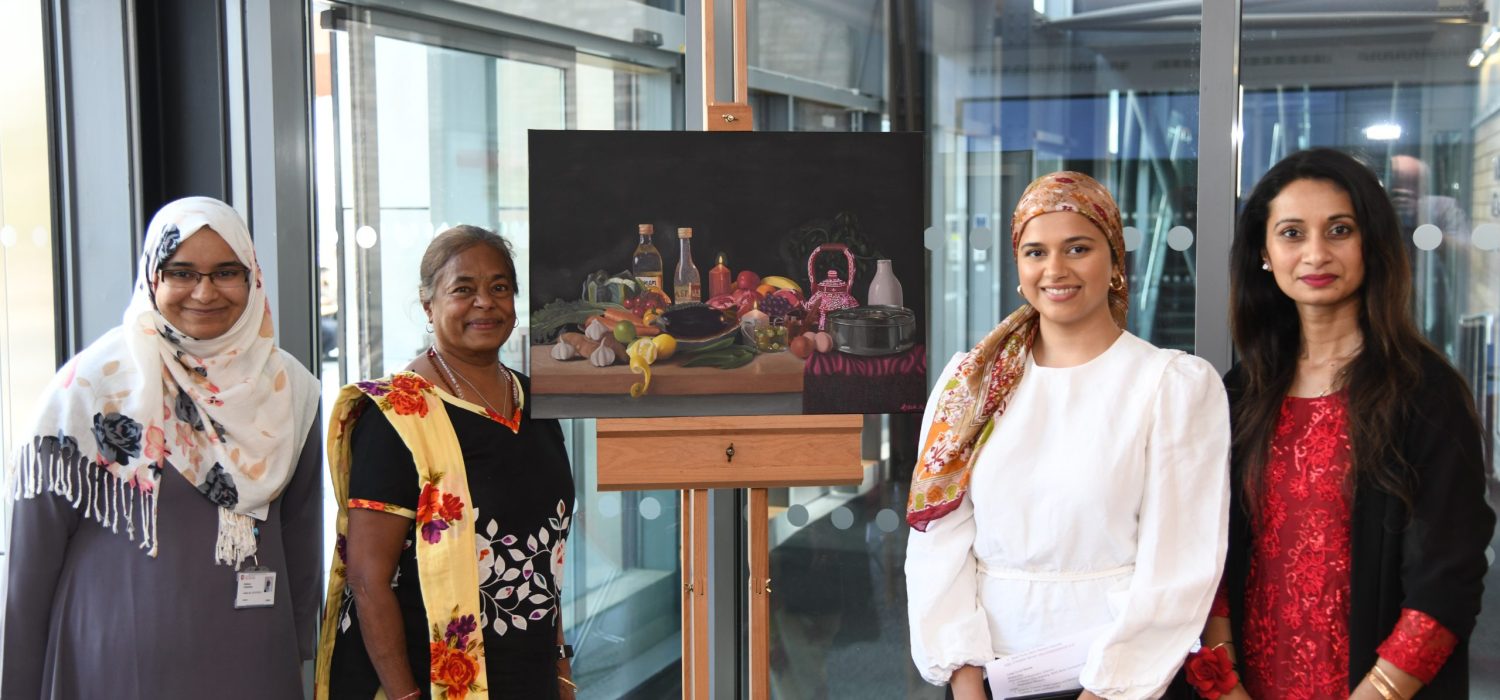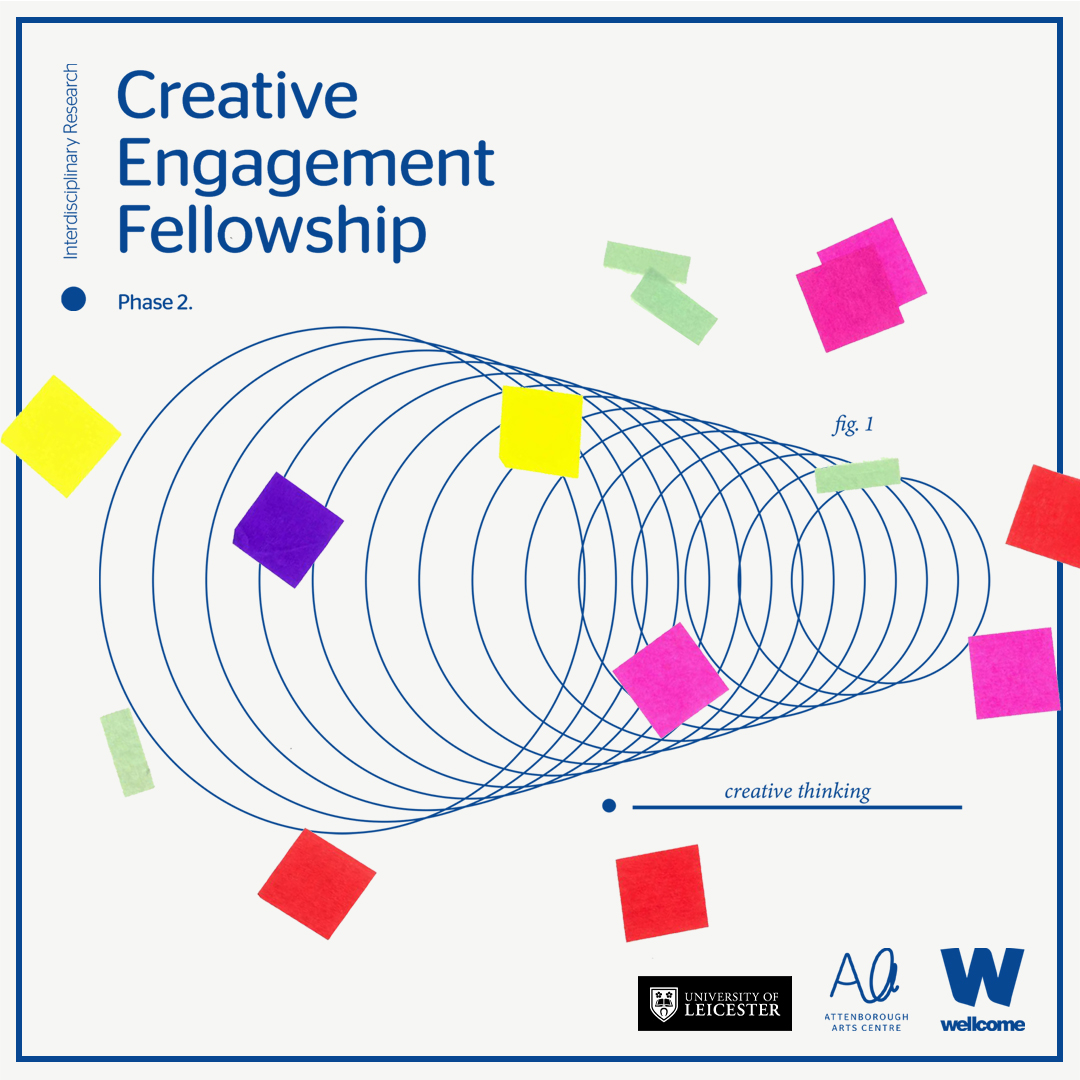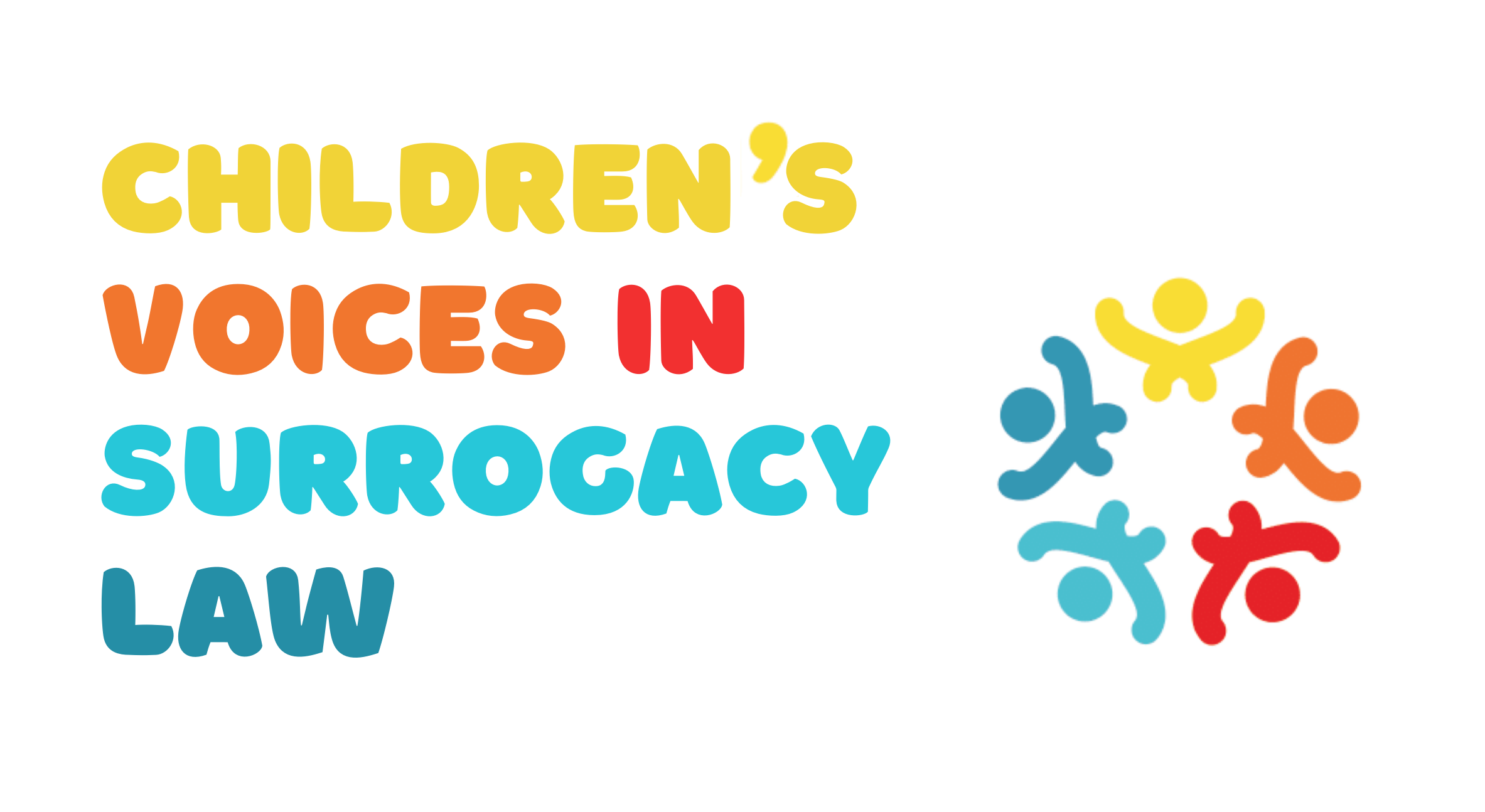Research
We support research, development and experimentation in artistic practice, working with artists to create new work in a range of art forms.

Active Research
SENsory Atelier Programme
Funders: Paul Hamlyn Foundation
SENsory Atelier gives space for children to lead their learning journeys, express themselves and access the world. It supports teachers without specialist arts subject / cultural education expertise, to enable children to lead the direction of enquiry, and reframe our understanding of how they learn. This collaborative approach shifts the schools’ reliance on external peripatetic staff, to giving teachers confidence and capacity to devise creative programmes informed by children themselves.
Medical Elective – Improving Empathy and Understanding in 3rd Year Doctors
The Medical School provide self-elect opportunities (SSC) for students to enhance their education with a programme of activities connecting doctors-in-training to artists, health practitioners and members of the community they will be working with once qualified. The focus of these various strands is always empathy and improving quality of care, but the outcome can be wider-reaching and more powerful – both for students and participants. Our Learning and Outreach Manager, Marianne Pape, facilitates the elective yearly and inspires new generations of doctors everytime.
Past Research

Creative Engagement Fellowship: Phase 2
Funders: Wellcome Trust Institutional Strategic Support Fund (ISSF), University of Leicester
The Creative Engagement Fellowship was developed to demonstrate the benefits of collaborative partnerships between the arts and research to enhance engagement within research. The interdisciplinary collaborations allow for greater diversity and inclusion within studies, ultimately making research more accessible. While the Fellowship champions the importance of engagement within research, it also provides open spaces for early career researchers and developing artists to exchange vital skills. Five projects are currently underway for 22/23.

Children’s Voices in Surrogacy Law Exhibition
Children’s Voices in Surrogacy Law collects and analyses children and young people’s views on surrogacy law. The goal is to hear their views about the current law and whether the law should change.
This exhibition at Attenborough Arts Centre showcases the artwork collected from children aged 7-18. Phase One of the project involved children and young people with experience of surrogacy. They created artwork on the theme “what surrogacy means to me”. Phase Two involved children and young people without experience of surrogacy. They created artwork on the theme “what I learned about surrogacy today”.
As part of the exhibition, there will be optional workshops for children and young people aged 7-18. These will involve learning about surrogacy and legal change. The workshops start with playing card games to learn about surrogacy, followed by the opportunity to create art on the theme of surrogacy. By the end of the day, participants will have learned something new about an exciting way of building families, and will get to bring home their artwork.
Enhancing Student Critical Skills and Vlogging in History
With Professor Elizabeth Hurren, Professor of Modern History at University of Leicester
The aim was to provide translational opportunities for the students to engage with issues around the perfect and imperfect body, and how debates about this are shaped in popular culture and museum settings. The students visited relevant exhibitions at Attenborough Arts Centre to review these and interact with the key debates over the course of an academic year. Topics included new disability debates, fashioning mental health images, general body issues of ethnicity and exclusion in contemporary society. The students wrote up their experiences for Assignment A coursework. They also held regular debates on their new discoveries, and engaged in blogging to convey their lived experiences of what it meant to be involved in a museum culture.
